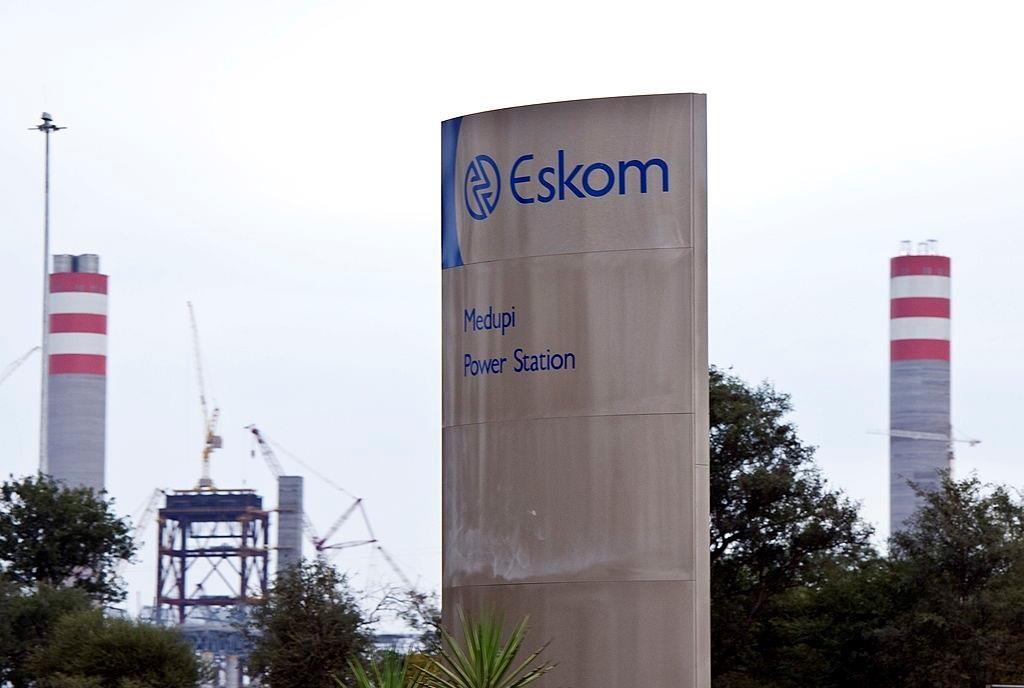Africa-Press – South-Africa. National Treasury told Parliament on Wednesday that legislative restrictions were hampering the sanctioning of shoddy and corrupt suppliers in government tenders, meaning more projects could face the risk of disastrous cost overruns.
Treasury was briefing Parliament’s Standing Committee on Public Accounts (Scopa) on the procedure for blacklisting companies that have been implicated in malpractices or irregularities while doing business with the state.
Tender blacklist ’empty’, but Mabuza says new bill will make it obligatory to name and shame
Treasury said in terms of the Public Finance Management Act as well as the Municipal Finance Management Act, the mechanism that allows a company found to fail in its delivery, or found to be corrupt, is meant to be blacklisted from servicing the state again – but an accounting officer is needed to support the blacklisting.
Throughout the meeting, members of Parliament in Scopa cited procurement examples that were either riddled with cost escalations, corruption, or poor delivery. These included the controversial cost overruns at the Medupi and Kusile power stations and the Beitbridge border post.
The Special Investigating Unit (SIU) was also present at the briefing and told Scopa that in the past year, it referred over 500 cases of irregular tenders to provincial and national departments for a determination on whether the companies and their directors should be blacklisted from doing business with government.
Finance Minister Enoch Godongwana was at a Cabinet meeting and could not attend the Scopa session, but his deputy, David Masondo, said companies should usually be blacklisted for engaging in corrupt activities or when a court of law declares them blacklisted.
Failure to do so could cost South Africa much-needed investment, he said.
Corruption a ‘major problem’
“Individuals in the private sector and the state engaged in corrupt activities. Corruption is a major problem in the country because it robs the poor of services and deters investment. If investors know they will have to incur a cost to invest in South Africa, they simply won’t invest,” said Masondo.
READ | Budget 2022 | ‘Anything to see them in jail’ – Treasury puts state capture on its radar
Masondo said the Medupi and Kusile build programme at Eskom was “a classic example” of how poor project management created cost overruns opened the door to corruption, contributing to the entity’s skyrocketing debt from R255 billion in 2014 to R450 billion in 2019.
“If a business is established yesterday and gets a tender today, that kills entrepreneurship. Blacklisting deters this corrupt activity and drives competitive business. There are instances where poor performance by a company is because of poor project management,” Masondo said.
Masondo said accounting officers of various departments and state-owned entities needed to take responsibility for doing right by suppliers that serviced the government well, adding that failure to pay suppliers on time created financial strain for businesses.
“We need to punish accounting officers who don’t pay companies within 30 days. Companies have gone bankrupt because we have left the stipulation to pay within 30 days to the whims of accounting officers who have not followed this. I would ask members to seriously consider this challenge,” he said.
Special Investigating Unit head advocate Andy Mothibi said as the unit investigates, it picks up corruption, irregularities, and poor project management, and includes those findings in recommendations for consequence management and possible blacklisting.
Regarding the Beitbridge border post, Mothibi said: “The Special Tribunal yesterday had a matter between SIU and Caledon [River Properties] on the Beitbridge border project. We found that there were deficiencies in the quality of the fence, and we have considered and submitted proposals and recommendations for blacklisting in this case.”
No state contracts for Swissport, companies fingered in Zondo report, BMF demands
Wanted: more teeth
National Treasury director-general Dondo Mogajane said while the department championed high procurement standards, it was limited in its ability to ensure that organs of the state indeed blacklisted errant companies or their directors and owners from ever servicing the state again.
“We have to be informed and the work must be done by the department. Accounting authorities and accounting officers have a critical role that they play in terms of sanctions and blacklisting. The law does not give National Treasury blacklisting powers at all. We can only recommend,” said Mogajane.
Mogajane added that there were loopholes in the current legislation. He said the government would have to be more proactive in ensuring that its consequence management is improved because “if you just expect an accounting officer to come forward and report themselves, they won’t do it”.
Mogajane said Treasury needs authority to immediately sanction businesses and their directors as soon as they are responsible for irregularities, non-delivery, or exceptionally poor service, as the current legislative framework limits National Treasury in this regard.
Masondo also told Scopa that on Monday National Treasury held interviews for a new chief procurement officer and the accountant-general. He said National Treasury was close to finalising the filling of these critical vacancies.
Get the biggest business stories
emailed to you every weekday.
Go to the
Fin24 front page.
For More News And Analysis About South-Africa Follow Africa-Press






